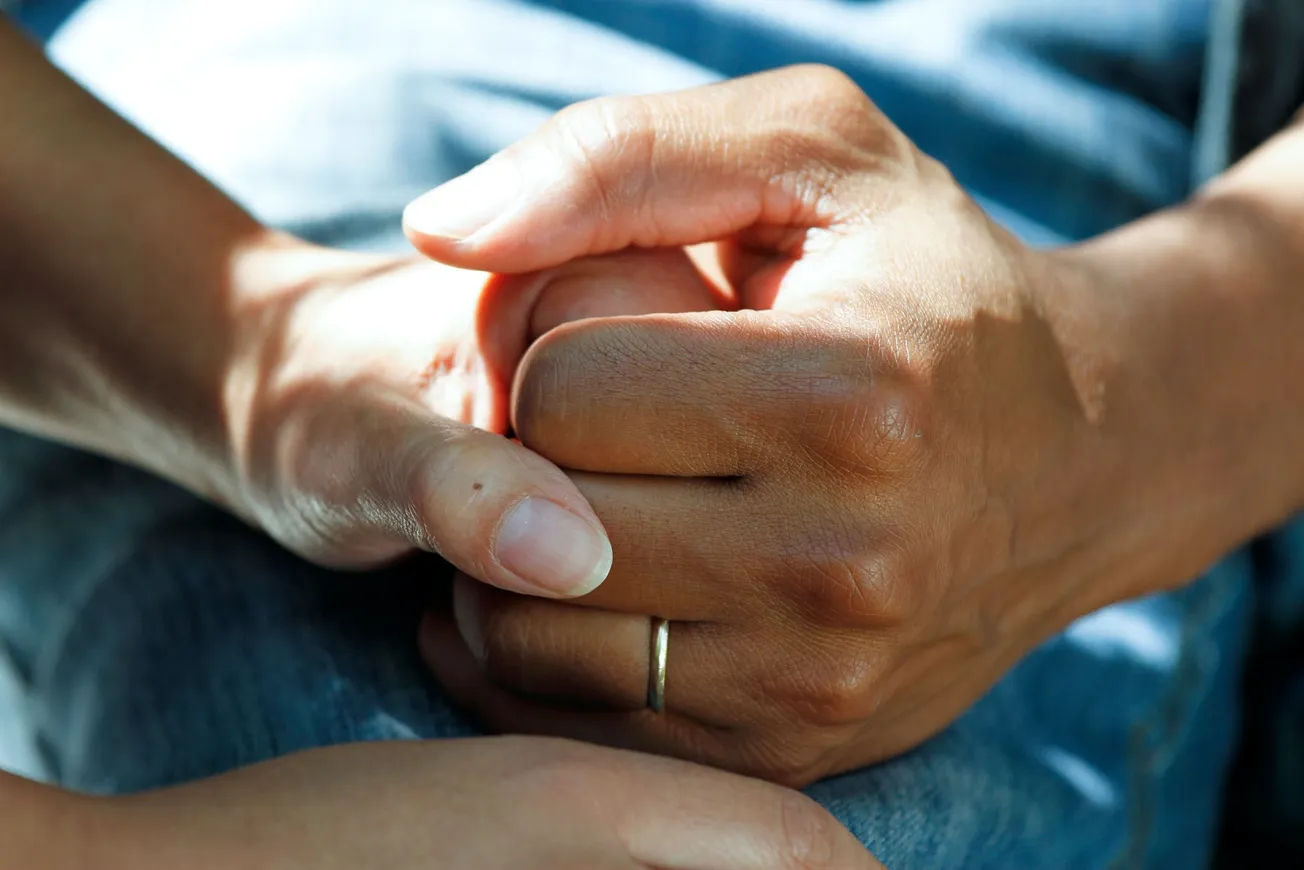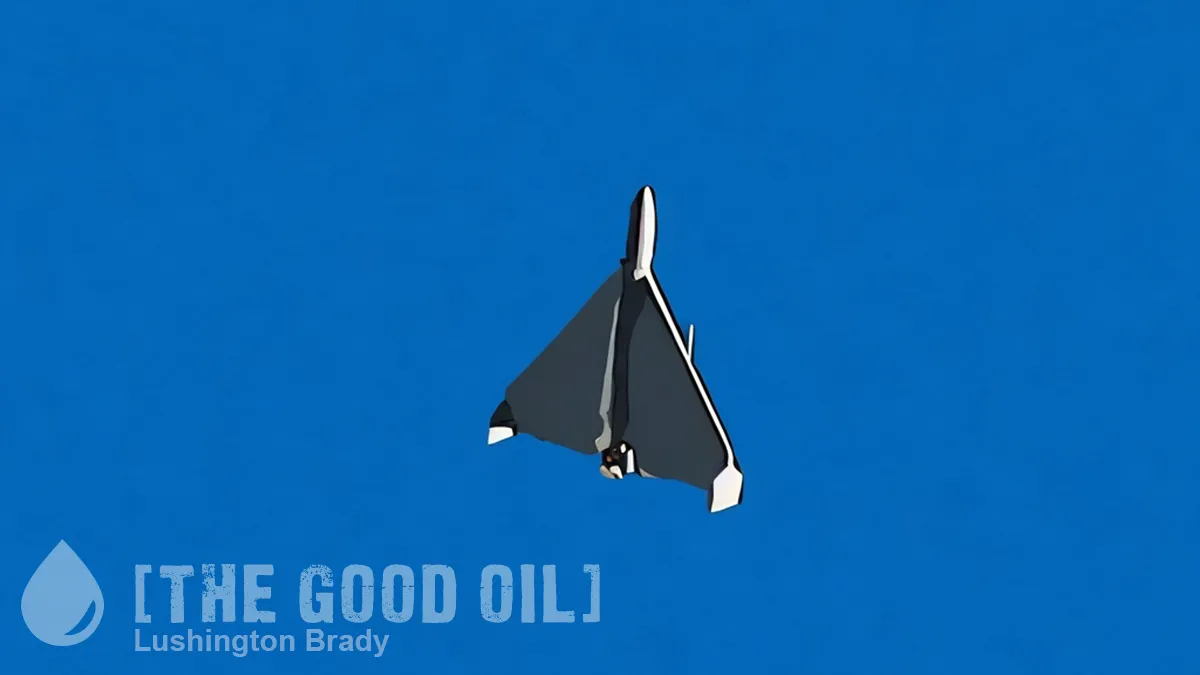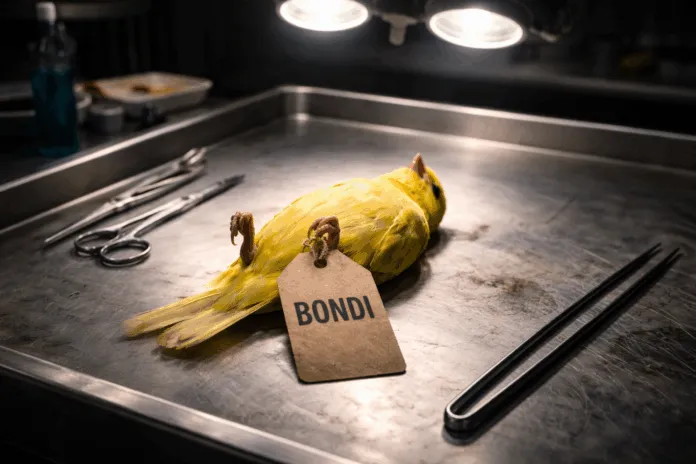Table of Contents
As I recently wrote, Australian PM Scott Morrison’s announcement of cash bonus payments to aged care workers is a long-overdue recognition of what is a poorly-paid workforce of predominantly middle-aged, blue-collar women. New polling suggests that many voters agree, and that boosting the pay of aged-care workers could be a key vote-winner.
These women have long been ignored by the Labor party and often, for the 25% who don’t work in Residential Aged Care (RAC), even their own union.
More than two-thirds of Australians want the wages of aged-care workers lifted by 25 per cent, with new polling revealing the majority of voters support more funding for the under-stress sector.
JWS Research polling, commissioned by the Health Services Union, reveals 55 per cent of voters in 17 swing seats across the country are more likely to vote for a party or candidate who supports increased aged-care funding.
The pandemic has sharpened focus on the aged-care sector, with, unsurprisingly given its risk profile, thousands of deaths in nursing homes.
Of course, the focus on nursing homes ignores the fact that community-based workers (supporting the elderly in their own homes, rather than RAC) are struggling as much, working ever-longer hours to make up for colleagues sidelined by covid isolation rules. Anecdotally PPE is often in short supply for community workers as well, with some resorting to buying their own masks.
Seventy-one per cent of Australians support a 25 per cent increase for all aged-care workers when told this is equivalent to an increase of between $5.40 and $7.20 an hour, lifting the average wage to $29 an hour. Only 7 per cent were opposed, with 21 per cent neutral or undecided. Asked whether federal government aged-care funding should increase, 62 per cent said it should, 15 per cent believed existing levels were adequate and 3 per cent wanted it lowered. Support for extra funding was higher in swing seats and among Labor voters.
HSU national president Gerard Hayes said the Coalition and Labor had been given a “wake-up call”. “It’s simply inexplicable that Scott Morrison and the Liberals are yet to back the HSU case for a decent aged-care wage rise,” he said. “They won’t even commit to funding the outcome of a wage rise awarded by the Fair Work Commission. We will be reminding the public of this every day until the federal election.”
There are nearly half a million aged care workers in Australia: twice as many as the mining sector. This is as much a break-through opportunity for the Morrison government at the next election as winning the votes of mining workers in Queensland and WA from Labor was at the last. If Scott Morrison was to fix his so-called “woman problem”, he should concentrate on what is a bread-and-butter issue for blue-collar women, not the privileged screeching of the elite gynarchy in the media and public service.
Many community-based aged care workers also complain that the HSU concentrates too much on RAC workers, many of whom are white-collar RNs, at their expense.
The union seems to be belatedly waking up.
Mr Hayes, who represents 95,000 members nationally of whom one-quarter are in aged care, also flagged a “clear warning” for the opposition.
“Labor needs to be clear on its commitment to aged care or it will risk losing support to those independents and minor parties who do,” he said. “At least 600 aged-care residents have lost their lives during the Omicron outbreak. This is traumatising for families, but also for staff. This workforce is mostly casual or underemployed women. Their work is physically and emotionally exhausting and they are at their wits’ end.”
Mr Hayes said “any politician who won’t commit to higher wages should eyeball the workforce and explain why they don’t deserve to earn more than $22 an hour … Aged-care funding is a vote changer at this election.
“The sooner politicians realise this and commit to a wage rise, the better.”
The Australian
As former NSW Liberal premier and HammondCare chief executive Mike Baird notes, juniors in hospitality or retail earn more than an aged-care worker. This is a national disgrace.
The caveat, of course, is that the wages of aged-care workers ultimately come from a mix of fees and government subsidy. A 25% pay rise would push the cost of wages alone in the aged-care sector to somewhere north of $45 billion, at a rough estimate. That will have to be paid for somehow. Either a fee hike for the elderly or a tax hike for everyone else, most likely both, is going to be a tough sell.
Morrison must sell it as a necessary expense for the welfare of both the elderly and of the low-paid women who care for them.









